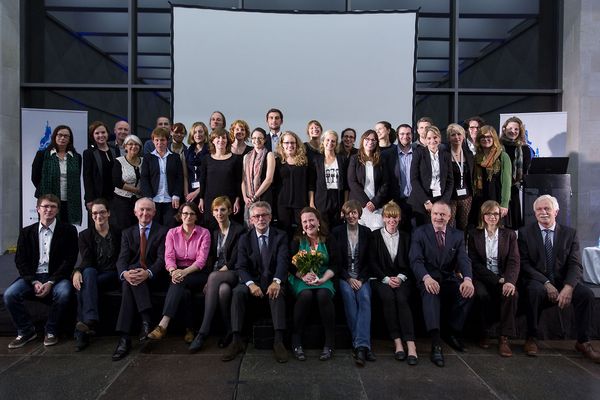Henry Arnhold Dresden Summer School 2014
Power, Knowledge, and Participation – Collecting Institutions in the 21st Century
15 - 26 September 2014
Museums and libraries are institutions of collecting and also of power. Historically, one of their primary roles was to display to the outside world certain claims to power, through the gathering together of precious objects of artistic, exotic, or scientific import. Subsequently, museums and libraries evolved into public institutions that represent systems of knowledge. Not only are they a reflection of the prevailing practices of collecting and exhibiting, they also engender interpretation and critical assessment of lived social realities. Institutions of collecting are therefore powerful actors which shape our knowledge of society and the world through their selection and presentation of artefacts. They have long held the prerogative to canonize and ‘officially’ interpret the works of artists, writers, thinkers, and scientists. However, this prerogative is currently being transformed by the developments of globalization and digitization. At the same time, the way they relate to other collecting institutions and to the societies they serve is also undergoing a transformation.
What impact do digitalization and globalization have on existing knowledge systems and their dissemination? How is this affecting forms of public participation? How can we describe and define the role and importance of museums and libraries in the face of these fundamental changes?
The Dresden Summer School 2014 examined the historical shifts in the structures of power, knowledge transfer, and participation, as demonstrated in the history of Dresden’s major collecting and exhibiting institutions. Parallel to this, the participants worked with curators and representatives from the institutions themselves to develop proposals as to how past systems of knowledge can in future be modified, restructured, and disseminated through globalization and digitization.

